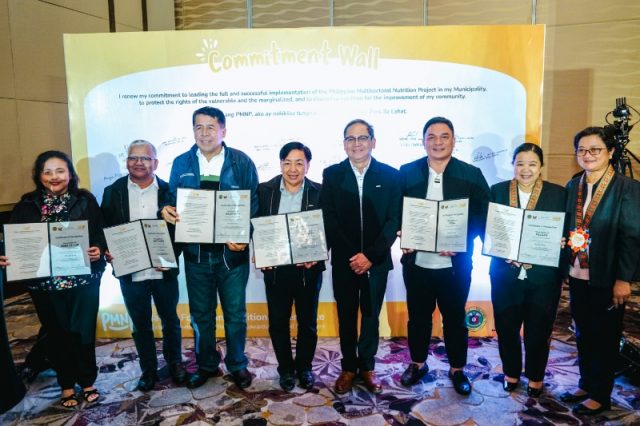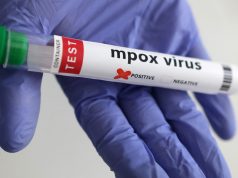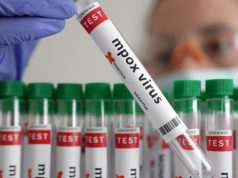
The Department of Health (DOH) recently concluded the first phase of its 2022 initiative focused on supporting the first 1,000 days of a child’s life and the nutritional needs of pregnant and lactating women in combating malnutrition in the country.
Under the Philippine Multisectoral Nutrition Project, a community-based approach will be mobilized to easily aid local community programs in supporting critical behavioral changes for improved nutrition outcomes among children and women.
Stakeholders Engagement Plan (SEP) from the World Bank defines a community-based implementation and monitoring as “provision of grants to proposed community subprojects focused on improving the health and nutritional well-being of project beneficiaries (and especially pregnant and lactating women, and infants and young children under the age of 5 years).”
“Special attention is given to nutrition interventions in households with children in their first 1,000 days to contribute to the reduction of stunting and malnutrition in the country,” the DOH’s release read.
Additionally, adolescent girls will also be included as beneficiaries, ensuring that their overall health and nutritional well-being are improved before puberty and reproductive years.
During a mayor’s forum held in Tacloban, Manila and Davao, the health department revealed that they successfully rolled out the first tranche of P560 million to 235 local government units (LGUs) last July.
Through performance-based grants, LGUs have been awarded financial and technical assistance to help them “implement interventions to address the health and nutrition needs of pregnant women and children under five years old,” the release said.
The grant amount will depend on the performance of each local unit toward achieving nutritional goals and objectives.
According to Health Secretary Teodoro Herbosa, part of the project’s objective is increasing the availability of nutrition-target funds at the local level, yielding faster, more effective, and efficient results.
“Local chief executives and representatives are in the best position to effect change and influence better health and nutrition practices,” Herbosa said.
“Let us envision our municipalities with significantly reduced malnutrition rates, raising children with great cognitive abilities and excellent school performance, striving to be productive citizens towards a Bagong Pilipinas, kung saan Bawat Buhay Mahalaga,” he added.
DOH has also emphasized that the grant provides “financial flexibility,” encouraging LGUs to provide innovative system-strengthening measures for vulnerable populations, indigenous groups, and geographically isolated and disadvantaged areas.
The statement also revealed that LGUs in Luzon, Visayas and Mindanao consecutively await two more tranches of P1.8 billion and P1.1 billion. The project has allocated a budget of P3.5 billion for this initiative.









